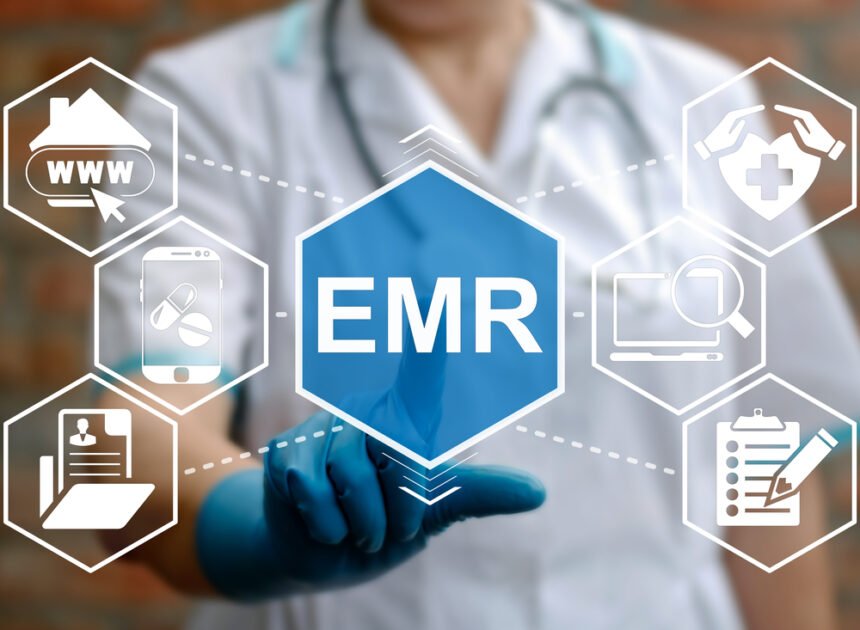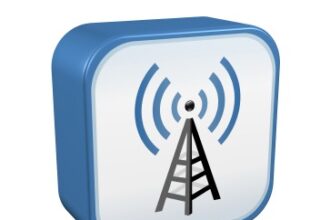The field of emergency medicine is both exciting and challenging. Working in fast-paced, high-stress environments that are often life or death isn’t a suitable or ideal career path for everyone.
However, for those who are interested, it can be incredibly rewarding and versatile.
If you have been researching the field, you likely would have come across EMR and EMS and wondered – what is the difference? These terms may mistakenly be used interchangeably, but there are some distinct differences. The responsibilities, training, and job opportunities will differ in each of these emergency care programs. Let’s look at each in greater detail.
Emergency Medical Services (EMS)
Emergency Medical Services (EMS) is a category of medicine. These types of medical services are provided outside of a hospital prior to a patient being transferred to a medical facility. Emergency Medical Services consists of Emergency Medical Technicians (EMTs), paramedics, ER medics, flight paramedics, firefighters, ocean rescue, and SWAT paramedics.
EMS positions require a great deal of skill and knowledge, including medical transport for emergency and non-emergency situations. As a part of the EMS system, EMTs “perform interventions with the basic equipment typically found on an ambulance,” according to the National Registry of Emergency Medical Technicians.
As the daily demand is much higher for those working in EMS, the educational and experiential requirements are also higher, and the position often requires formal certification and education. For example, the Emergency Medical Services Associates Degree at City College consists of 9 quarters. These quarters can be completed in 27 months and will include a vast array of critical first aid courses such as Emergency Medical Technician, First Responder, and Paramedic classes. Further, the program provides students with hands-on experience through labs, internships, and externships to better equip students for the real world.
EMS programs require formal accreditation. For example, the City College program is accredited by the Commission on Accreditation of Allied Health Education Programs.
Emergency Medical Responders (EMR)
Emergency Medical Responders (EMRs) provides emergency and lifesaving care to those who access the Emergency Medical System. This is a first responder that has a certain level of training, providing them with the necessary skills needed to intervene while waiting for EMS to arrive.
As a first responder, the EMR may be the first to arrive on the scene and start providing care immediately until Emergency Medical Technicians (EMTs) arrive. There are different positions that would be considered EMR, or individuals who have EMR training. Police officers are an example of EMR. If there was a car accident and police were the first to arrive, they would provide emergency care (as far as they are trained) until EMS arrives. Generally speaking, EMR does not have the same level of training as EMTs.
EMRs provide basic first aid and don’t often transport individuals to a hospital. Typically, a EMR is not considered part of the EMS system but an off-shoot of it. EMR will also assist EMS upon arrival, if it is needed. According to the National Registry of Emergency Medical Technicians, “Emergency Medical Responders perform basic interventions with minimal equipment.”
Many states do not require an EMR certificate; however, the training course is recognized through the National Registry of EMTs. These training courses are much shorter than EMS as they provide a more basic service. Generally, the program lasts one quarter or 60 hours of education, not including EMR certification prep courses should you elect to enroll in one. Typically, EMR courses are only provided in states where that level of medical emergency service is recognized.
Much More Than a Driving an Ambulance
A career once referred to as an ‘ambulance driver’ is much more involved, carrying out significantly advanced medical procedures and attending to severe emergencies. The 911 calls those in EMS can be called to range significantly. Although it depends on where they are working, they can be called to emergencies such as childbirth, abuse, trauma, psychiatric crisis, drug overdose, fire, car accidents, hazardous materials exposure, and other medical emergencies.
When people are in need and call 911 for medical attention – EMS is often the first to arrive. When people think of EMTs, they imagine traditional ambulances, but EMS can be dispatched in different settings as well. An example of this is flight paramedics. For car accidents that are inaccessible by ambulance, remote rescues, wilderness emergencies, or airplane crashes, an airborne medical service operation will need to respond. This comes with a unique set of challenges the flight medic must navigate to provide first aid and transport the individual to safety.
Medical emergencies happen on water too. Ocean rescue can work as a lifeguard or on large vessels such as cruise ships. In addition to knowing how to provide medical services, these individuals must be in peak physical condition and be able to swim in difficult waters. They will attend to boat crashes, drownings, and much more.
Each of these roles requires different degrees of training and certification in addition to the EMS training. Ocean rescue, for example, often goes through 6 months of rigorous athletic training and testing in addition to their EMS training.
The job and state will determine the certification required. The National Registry of Emergency Medical Technicians is a certification organization that certifies EMR, EMT, AEMT, and Paramedic. To obtain certification, you would have to write the appropriate exam to certify your knowledge and skill set. These exams are quite challenging and not something a person would be able to pass without the background education and experience.
EMS and EMR are different emergency medical responder levels. There are different levels within each state. For example:
- California: Emergency Medical Technician (EMT), Advanced Emergency Medical Technician (AEMT), and Paramedic.
- Florida: Emergency Medical Technician and Paramedic.
- Maryland: Emergency Medical Responder (EMR), Emergency Medical Technician (EMT), Cardiac Rescue Technician-Intermediate (CRT-I), and Paramedic.
The greater your education and training, the more career opportunities you will have. That said, both EMR and EMS jobs are incredibly rewarding, and knowing the difference between the two is a great start to determine the best path for you.









